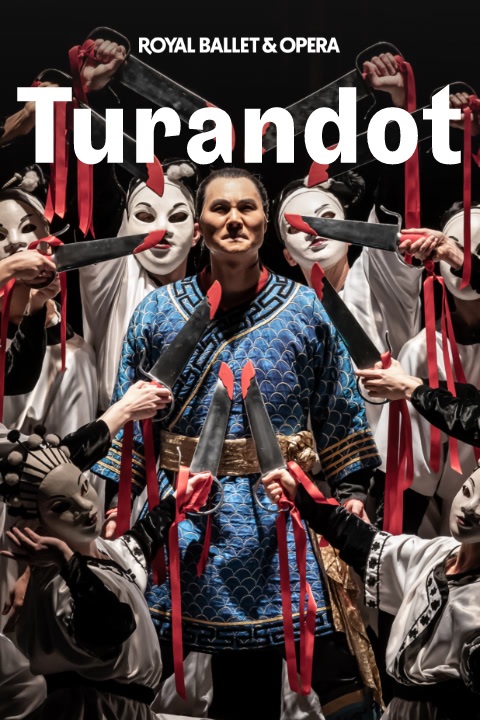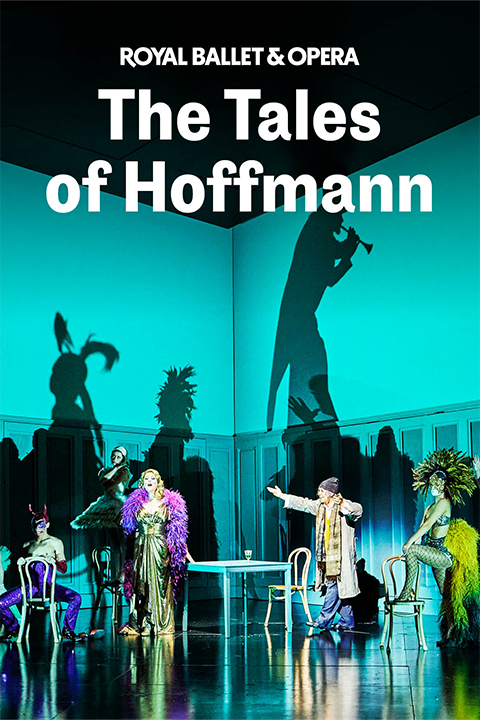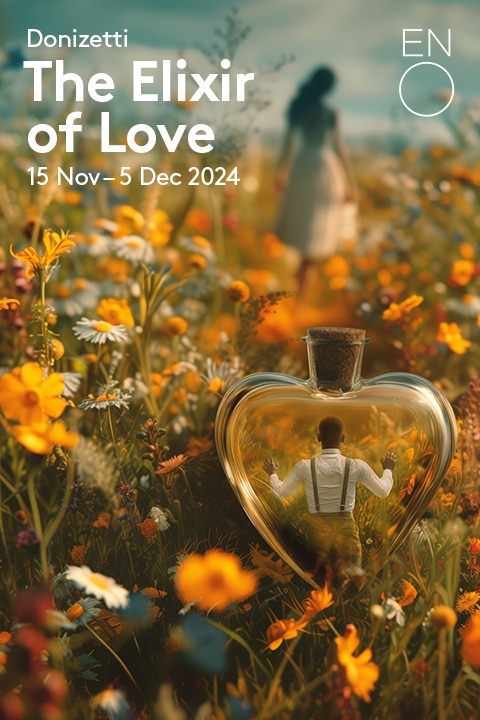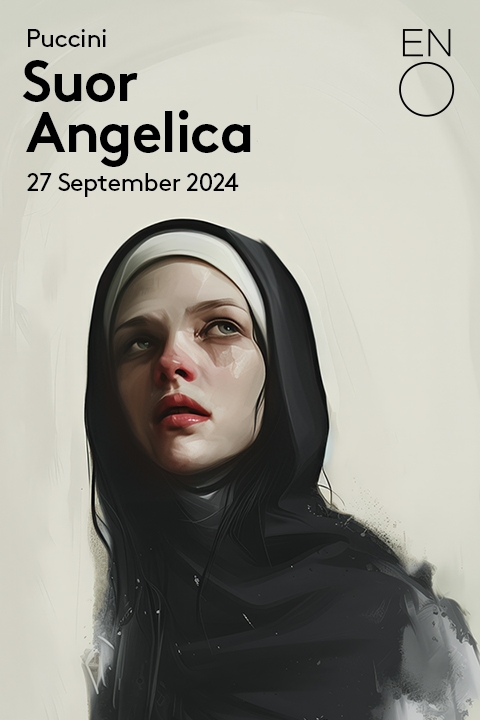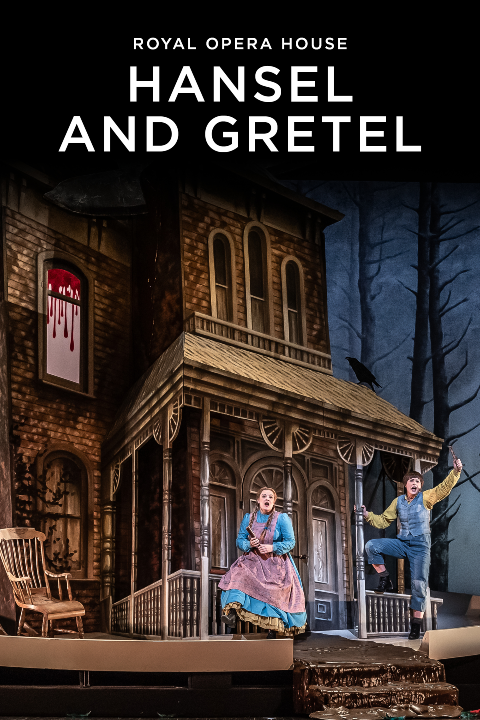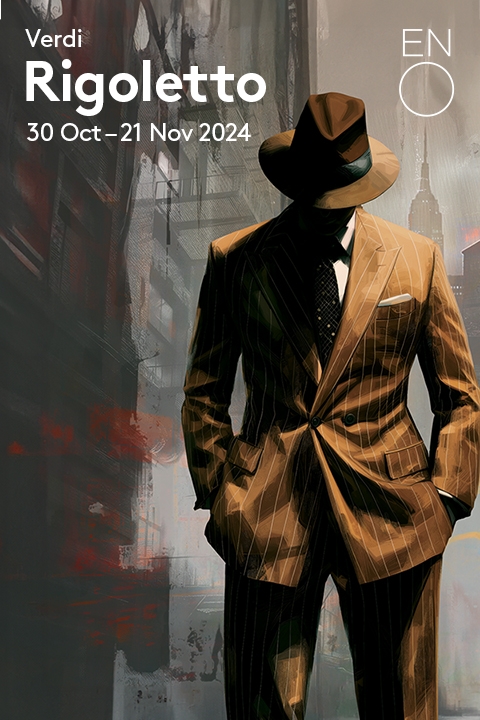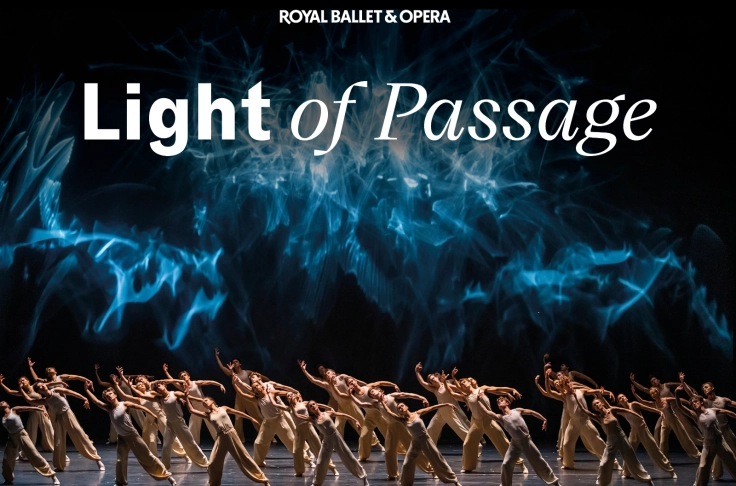
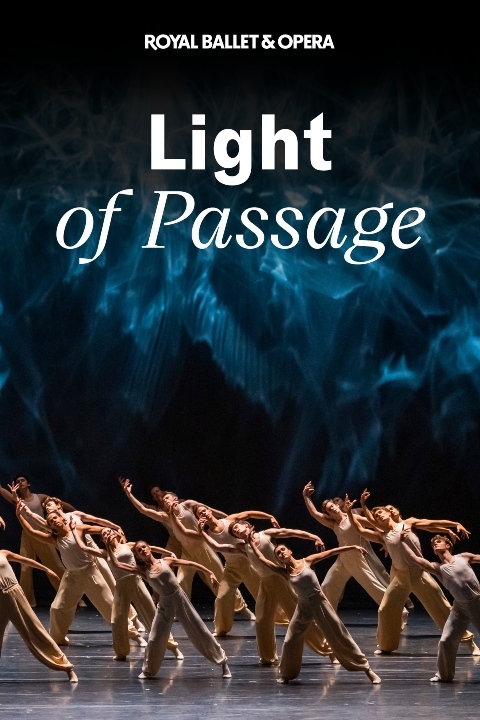
Crystal Pite’s poignant work grapples with themes of safe passage, displacement, community and mortality.
Background
Masses of dancers move as a mesmerising whole. Bodies, fluid and yearning, are bathed in shafts of light. A single voice emerges, a lament that distils the magnitude of human suffering. A journey begins...
Crystal Pite, in her distinctive choreographic style, grapples with themes of safe passage, displacement, community and mortality. Set to Gorecki’s affecting Symphony of Sorrowful Songs, this award-winning work is a reminder of the power of human connection in our turbulent times.
Powerful art
In Light of Passage, Crystal Pite reckons with the existential tensions of the human condition, masterfully demonstrating how art can move the soul and provoke thought. In the choreographer’s own words, ‘there is a profound optimism in putting something like this out into the world and connecting to each other through it. When people collaborate to create a work of art and an audience gathers to witness it, there is something very hopeful and powerful about the experience. I want to create conditions in the theatre where we can gather around what we cannot know and grapple with it, together.’
A record in classical music publishing history
Light of Passage is set to Polish composer Henryk Górecki’s Symphony No.3 (Symphony of Sorrowful Songs). Created in 1976 for a large orchestra and solo soprano, it would become a defining composition of the 20th century. The symphony had its big break in 1989 with a performance by the London Sinfonietta, conductor David Zinman and soprano Dawn Upshaw, which was recorded by Elektra Nonesuch and picked up by Classic FM. Played on rotation on airwaves around the country, it reached no.6 on the UK album charts of 1993. The recording would become the most popular contemporary classical CD ever, selling over a million copies.
Assisted Performances:
Audio-described performance with a pre-performance Touch Tour - Saturday 1 March, 7.30pm
Good to Know
2025-02-20
Ages 8+. Children under the age of five are not permitted into our theatres. Children over age five must have their own ticket and sit next to an accompanying adult
1hr 30min. Incl. 1 Interval.
Royal Opera House
